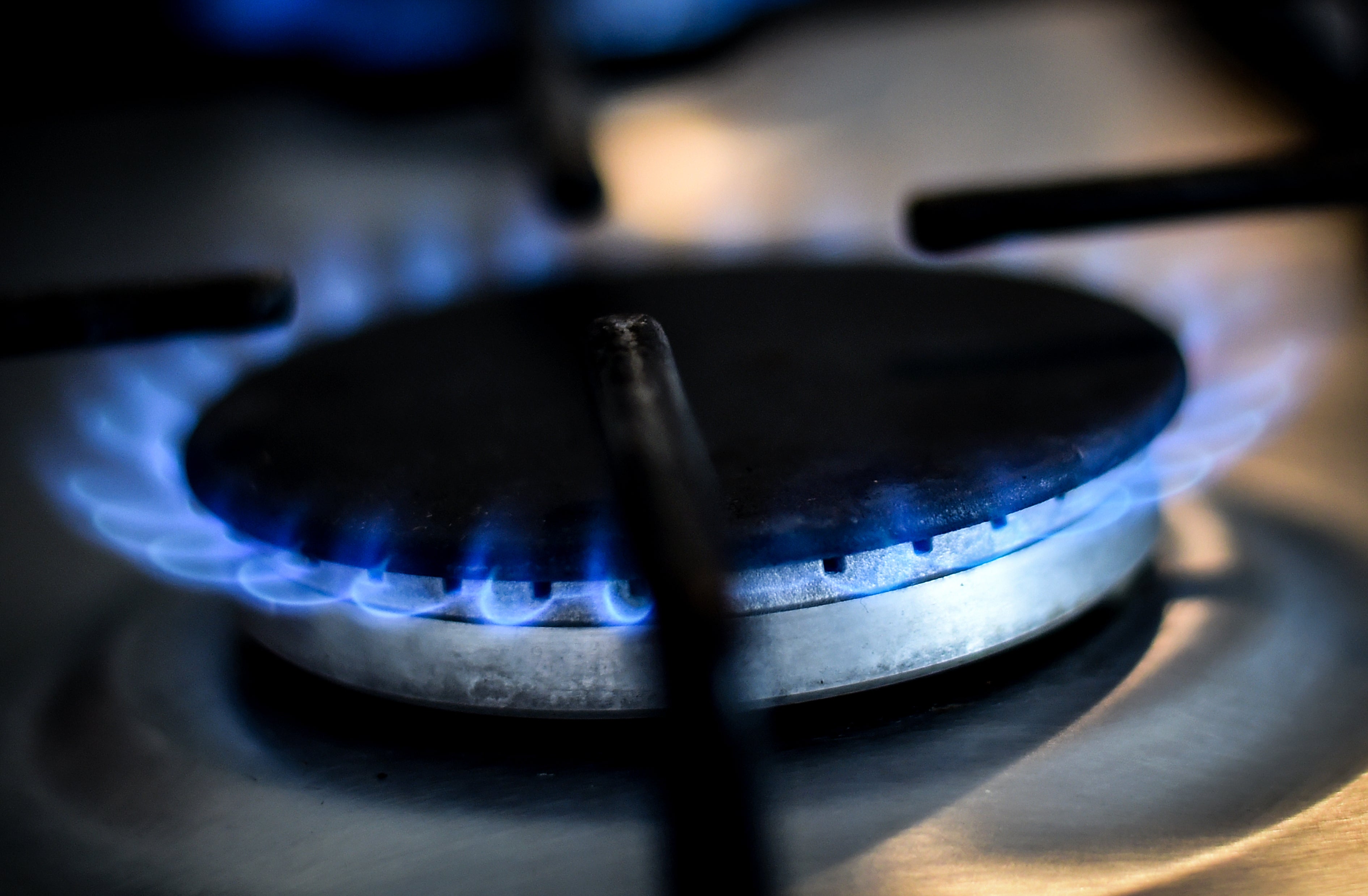Energy suppliers Pure Planet and Colorado Energy collapse
The firms, who have a combined 250,000 UK customers, take the total number of failures since the start of last month to 11.

Your support helps us to tell the story
From reproductive rights to climate change to Big Tech, The Independent is on the ground when the story is developing. Whether it's investigating the financials of Elon Musk's pro-Trump PAC or producing our latest documentary, 'The A Word', which shines a light on the American women fighting for reproductive rights, we know how important it is to parse out the facts from the messaging.
At such a critical moment in US history, we need reporters on the ground. Your donation allows us to keep sending journalists to speak to both sides of the story.
The Independent is trusted by Americans across the entire political spectrum. And unlike many other quality news outlets, we choose not to lock Americans out of our reporting and analysis with paywalls. We believe quality journalism should be available to everyone, paid for by those who can afford it.
Your support makes all the difference.Two more UK energy suppliers have collapsed due to rocketing global wholesale energy prices.
Pure Planet and Colorado Energy who have a combined 250,000 UK customers, have become the latest failures after nine small energy supplies went bust from the start of September.
Energy watchdog Ofgem has said it will protect the customers’ supply of energy and credit in accounts.
Pure Planet, which has 235,000 UK customers, said it was unable to continue operating “due to the global energy crisis, record high wholesale energy costs, and the restrictions placed on us by Ofgem’s Price Cap”.
Co-founders of the BP-backed supplier, Andrew Ralston, Chris Alliott and Steven Day said: “We are heartbroken that Pure Planet has entered the Supplier of Last Resort (SoLR) process due to the global energy crisis and the way it has impacted the GB supply market.
“The Government’s price cap, while protecting consumers from sky-rocketing global wholesale energy prices, is not matched by anything which protects suppliers.
“Instead suppliers are being asked to fund the difference between the record costs of wholesale energy and what they are allowed to sell it for to consumers.
“Suppliers are increasingly unable to cover their costs.
“Too many have gone bust already, and more will in the future unless something changes.”
Ofgem also said that Colorado Energy, which has 15,000 customers, has entered the SoLR process due to the current crisis facing small suppliers.
Neil Lawrence, director of retail at Ofgem, said: “Ofgem’s number one priority is to protect customers.
“We know this is a worrying time for many people and news of a supplier going out of business can be unsettling.
“I want to reassure affected customers that they do not need to worry: under our safety net we’ll make sure your energy supplies continue.
“If you have credit on your account the funds you have paid in are protected and you will not lose the money that is owed to you.
“Ofgem will choose a new supplier for you and while we are doing this our advice is to wait until we appoint a new supplier and do not switch in the meantime.
“You can rely on your energy supply as normal.”
It comes after Igloo, Symbio and Enstroga ceased trading on September 29, affecting a combined 233,000 domestic customers.
They followed the failures of People’s Energy, Green Supplier Ltd, Utility Point, PfP Energy, MoneyPlus Energy, and Avro Energy, affecting almost 1.5 million more householders.
Ofgem has also said several players in the sector have not paid into various funds and could have their licences revoked if they do not cough up.
The chaos in the sector comes amid warnings Britons could see their energy bills rise by 30% next year.
Research agency Cornwall Insight has predicted further volatile gas prices and the potential collapse of even more suppliers could push the energy price cap to about £1,660 in summer.
The forecast is approximately 30% higher than the record £1,277 price cap set for winter 2021-22, which commenced at the start of October.
Ofgem reviews the price cap once every six months, and changes it based on the cost that suppliers have to pay for their energy, cost of policies and operating costs, among other things.
The UK’s free-for-all energy market is not working. It’s failing consumers, workers and the planet
Andy Prendergast, GMB national officer, said: “Two more energy companies have gone bust today – and they will not be the last.
“The UK’s free-for-all energy market is not working. It’s failing consumers, workers and the planet.
“We need more regulation, a cohesive strategy and a rethink of the price cap or we will see more and more businesses going to the wall.”